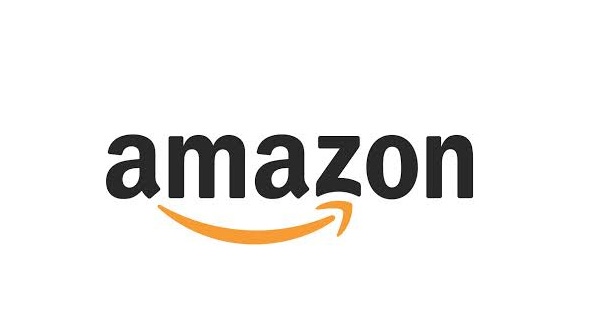Each day at 5 p.m. we collect the five top food and supplement headlines of the day, making it easy for you to catch up on today's most important natural products industry news.
March 18, 2020

COVID-19 threatens food supply chain as farms worry about workers falling ill
The consumer end of America's food supply chain has been effectively upended by COVID-19. However, the production side of things is proceeding like normal, although the United Farm Workers union has called on employers to expand paid sick leave to help prevent even more massive disruptions should workers begin testing positive for the virus. Read more at NPR…
Amazon workers struggle with pandemic demands
Amazon is continuing to operate its warehouses even in regions where local schools have been closed. Employees are being pushed to work 70% of the peak hours under threat of losing their full-time positions, and thus health benefits. However, the company announced last week that workers diagnosed with COVID-19 would receive up to two weeks of paid sick leave. Read more at The Guardian...
Dirty air cuts back California crops
California's growers have taken a huge economic hit over the past few decade thanks to smog—approximately $1 billion in crops each year. According to the USDA, smog burns off plant cells that help the crop photosynthesize properly, and California is home to 10 of the 25 most polluted cities nationwide. Read more at The Verge…
Empty shelves will soon be a 'thing of the past' says grocery supply expert
Retailers are scrambling to get the transportation of goods from manufacturers to stores figured out as products such as hand sanitizer and toilet paper continue to fly off shelves. But a professor of supply chain management notes that most supply chains are already adjusting to these drastic changes and expects these products to begin reappearing at an uptempo rate in the near future. Read more at Ag Insider…
What the 'meat paradox' reveals about moral decision making
Justifying eating meat in an age of factory farms and climate change can be hard, but the human brain and society at large have ways of resolving any conflicting beliefs. For instance, there's a reason producers label baby cow meat "veal" and not "baby cow meat," and turning animals into cleanly packaged objects in this way allows consumers to divorce themselves from the origin of their meat. Read more at BBC Future…
You May Also Like


